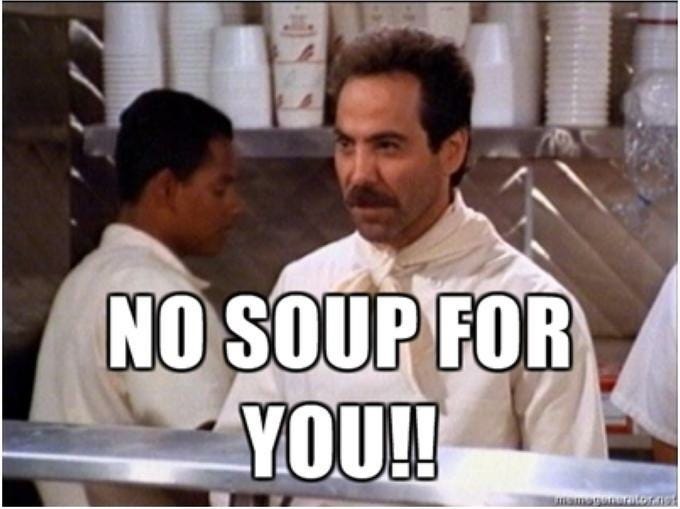That Time Details Magazine Rejected Me
Gen X was built to handle rejection—but that doesn’t mean it doesn’t sting.
The first real magazine story I ever pitched was to Details magazine. I called it "25 Things You Can't Look Cool Doing," and it covered various activities that no self-respecting person could pull off without looking like a doofus:
Waiting for a penny change
Carrying a cafeteria tray
Getting off a ski lift
Using an ear thermometer
Oh, and…
It wasn't a very good story idea.
Even worse, it was utterly wrong for Details, which at the time was the bible of downtown NYC hipness.
One editor there thought it was so bad that he took the time to respond to me personally, rather than send a “thanks but no thanks’ form letter.
Dear Jon,
At Details, we have retired the use of the word cool. Good luck placing your story with another publication.
The rejection stung. It was 1994, and Details was my ticket to magazine nirvana.
I went through all the stages of rejection dejection: defensiveness, anger, self-pity, and ultimately resignation. It took a while to get to acceptance.
I'm still working on it.
Rejection and life go hand in hand. Show me a creative Gen X who hasn't been rejected, and I will show you a person who looks cool eating spaghetti with a napkin tucked in their shirt.
Gen X learned to expect rejection—whether from their Boomer bosses or startup bros 25 years their junior. But that doesn’t mean it doesn’t still smart.
In some ways, the sting gets sharper with age. You know how hard you’ve worked. You know what you’re capable of. And still we get laid off, ghosted, and passed over for jobs we’re overqualified for.
It never gets easier. That’s why learning how to handle rejection is a lifelong process.
How to deal then? Let me count the ways.
1. Control your first reaction
Nancy Reagan told us, “Just say no to drugs.” I say, “Just say whatever to disses.” When rejection comes your way, don’t get defensive, don’t argue, and definitely don’t fire off a defensive response. Rejection activates all the wrong parts of the brain—shame, ego, imposter syndrome. Let those settle down before you do anything rash.
Haters are gonna hate. Mel Robbins’ mantra works well here: “Let them.”
2. Make it a numbers game
Rejection hurts more when you’ve only got one thing out there. But once you’re juggling five, ten, even twenty submissions or pitches, each individual “no” feels less like a punch in the stomach.
3. Separate the work from your identity
Getting rejected doesn’t mean your talent was rejected. It just means something you made wasn’t the right fit. Maybe they were working on a similar idea. Maybe this wasn’t your best effort. Maybe the person on the other end was in a crap mood. It could mean a thousand things—and you’ll probably never know which one. What you do know is this: there’s more where that came from.
4. Make it a learning experience
It sounds kind of cliche, but we learn from getting our asses handed to us.
When someone turns you down, your brain lights up in areas linked to pain and self-worth. But that sting helps your brain update its social radar. Basically, it tracks who values you, who doesn’t, and how to avoid wasting time next time around.
Rejection is basically data.
5. Remember that you're in good company
Being rejected is a rite of passage. In my book, Write About Now, about the origin stories of successful writers, almost everyone I interviewed had an epic fail story.
I don’t trust people who have never failed, especially creatives.
In the 1850s, when Herman Melville submitted a little ditty he wrote called Moby Dick, numerous publishing houses sent him rejection slips.
One editor wrote, "Does it have to be a whale? While this is a rather delightful, if somewhat esoteric, plot device, we recommend an antagonist with a more popular visage among the younger readers. For instance, could not the Captain be struggling with a depravity towards young, perhaps voluptuous, maidens?"
He definitely did not look cool writing that letter.








I worked at Details for 9 years and I think that’s a cool story idea. I would have told you to write it. You have to tell me what editor rejected you (you can dm me if you don’t want to say his name publicly.) And I will probably tell you he was a total asshole so you don’t have to feel rejected anymore.
Your cool friend, Anka
I think that’s a fabulous story idea and I want you to write it now